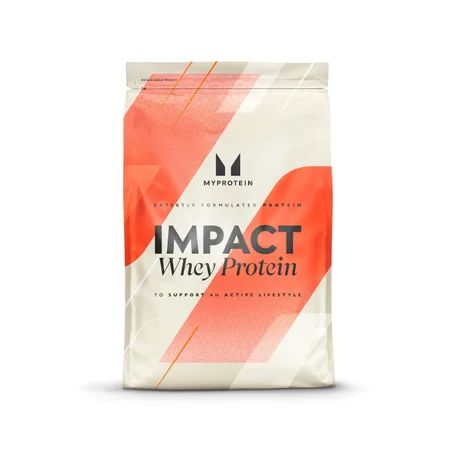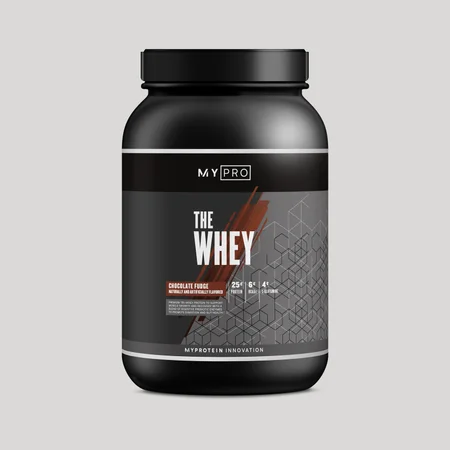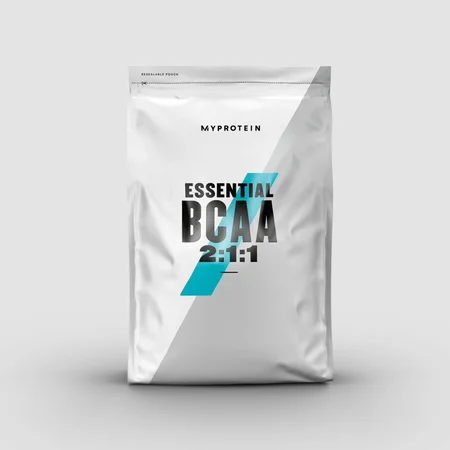The Best Intra-Workout Supplements
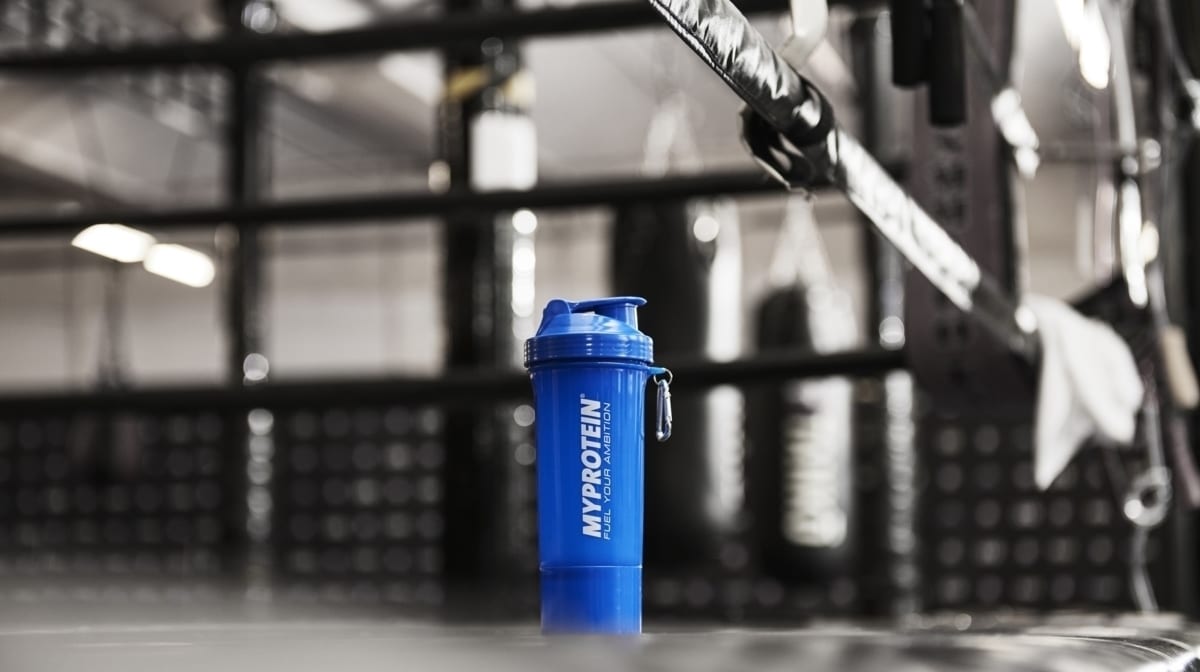
We all know that what we consume pre and post workout is beneficial to our success in the gym. There are many different ways to go about pre and post workout nutrition. The main thing to consider is what is going to work for you personally. This article is not about pre and post workout nutrition, but about intra-workout nutrition.
We'll look at a specific blend of supplements that will help when it comes to progressing in the gym. What I am going to share with you is the background of how intra workout supplementation came to be and also what I would consider an optimal blend of ingredients to be included in said nutrition. Keep in mind though the same principle applies, everyone is different and prefers different ingredients based off of their own results.

What Is Intra Workout Supplementation?
The main goal of intra workout supplementation is to accelerate progress and to boost recovery. This form of supplementation has evolved over the years into a collection of marketed products with blends of ingredients, but it started out as just plain H2O. Hydration from water is absolutely essential for high performance.
We lose fluids all day, so replenishment is crucial for many different reasons, including nutrient delivery, motor function, digestion and recovery rate. Water, in my opinion, is a macronutrient and the most important thing that we can possibly give our bodies.
Scientists began to understand the role of carbohydrates in exercise and they began to research their effects when added to several concentrations of water. What they looked at specifically was how the body metabolized these carbohydrates and how well it could absorb them into the bloodstream in order to be used as energy. The result was that the addition of carbohydrates in specific ratios to avoid digestive issues was more effective than drinking water alone.
It took a while for sports nutrition to really take off. Due to this, intra-workout supplementation was very simplified. With the baseline knowledge that our bodies most efficient fuel source is stored carbohydrates and sugars coming in the form of muscle and liver glycogen and then glucose, many athletes and coaches simply relied on carbohydrates. I think everyone has heard of the Florida Gators football team and their invention of Gatorade. Well, for anyone that doesn’t know, Gatorade was invented for just that, carbohydrate replenishment.
It also contains an electrolyte blend to replenish key minerals lost through sweat. The invention of Gatorade was groundbreaking and is still popular as an intra workout beverage today. Now, although Gatorade is great, it does lack some key factors that are important to be noted when it comes to intra workout nutrition. Carbohydrates can be great for performance and recovery but they may not be optimal for everyone.

What Intra Workout Supplements Should You Take?
Let’s take at what should be considered in your intra workout supplementation. Hydration is key. You must drink water and stay hydrated. Performance can suffer even if just a small percentage of your body’s water weight is lost, sometimes by as little as 2-3%. Our muscles and brain are made up of roughly 60% water. So to keep neural activation strong and to keep the muscle functioning optimally, stay hydrated.
There are other ingredients that can be added to this water, aside from carbohydrates, that also have benefits when it comes to intra workout nutrition:
? BCAAs (Branched Chain Amino Acids)
These building blocks of our muscles, Leucine, Isoleucine, and Valine, are amino acids that are going to be used specifically by the muscle for recovery, growth and repair. They make up roughly 1/3 of all muscle protein and their high concentration in the bloodstream can help reduce fatigue; decrease the loss of other amino acids during intense training, increase exercise-induced protein synthesis and also help in the absorption of ingested protein.
Another reason why amino acids are important to add to your intra workout supplementation is that uptake of substrates and fuel occurs at a much faster rate during exercise than any other time. Exercise increases blood flow to muscles by up to 500%, which boosts amino acid delivery to skeletal muscle by roughly 650%. So ingesting these muscle building amino acids during exercise will allow them to get into the bloodstream faster, to the muscle faster, and jumpstart recovery and growth a lot faster.
If you prefer to take the amino acids before your workout you can receive similar benefits. During exercise, however, specifically prolonged aerobic endurance exercise, muscle glycogen may become depleted to the point of where the muscle has to rely on BCAA for energy. This will decrease the BCAA: free-tryptophan ratio. Some researchers believe that this imbalance in ratio causes fatigue through the release of more serotonin, which is a neurotransmitter thought to suppress pain.
Tryptophan is a precursor of serotonin. If there is a low BCAA: free-tryptophan ratio, this can facilitate tryptophan to enter the brain and form serotonin. BCAAs compete with free-tryptophan in the brain and it is thought that if BCAAs are ingested during exercise that this can delay the production of serotonin and CNS fatigue and enhance performance in prolonged aerobic endurance events.
This BCAA supplementation has been studied in different types of exercise as well and the results have been very similar. Leucine, Iso-leucine, and Valine all work together to produce skeletal muscle tissue, enhance metabolism and enhance performance. Of the three BCAA’s,
Leucine is by far the most physiologically important for the body with respect to muscle mass. Leucine stimulates muscle protein synthesis, ribosomal biogenesis, and assembly, which translates to building muscle tissue. When it comes to taking BCAAs, there is evidence that shows a 2:1:1 ratio of Leucine: Iso-Leucine: Valine is beneficial and that a larger ratio did not yield any greater benefits.

? Glutamine
Glutamine is a very important amino acid for the body. Glutamine is not a miracle supplement however and there is no legitimate research that suggests that it is an anabolic (muscle building) amino acid and won’t really be of direct help to building bigger muscles or increasing strength. What glutamine has been proven to do however is prevent muscle breakdown.
This is why it is marketed as a recovery supplement. Glutamine can be most beneficial to those who are in a caloric deficit, perhaps when in the 'cutting phase' or who are at risk of muscle wasting if you have suffered an injury and cannot train for an extended period of time.
? Beta-Alanine
Not always seen in intra-workout supplements, it may be added either pre or during training. Beta-alanine has an effective means of significantly increasing intramuscular concentrations of carnosine, which plays a large and pivotal role in the buffering effects in muscle cells during exercise. Carnosine becomes degraded in the body extremely fast so any prolonging that can be done will be beneficial.
Carnosine concentrations are highest in glycolytic muscle fibers rather than oxidative fibers, so beta-alanine can help with sustaining performance during submaximal exercise. Direct carnosine or alanine supplementation has been shown to be largely ineffective; this is where beta-alanine supplementation comes in.
When you can elevate intramuscular carnosine content due to the ingestion of beta-alanine supplementation, it has been shown to increase work capacity, increase total time to exhaustion, and also increase total muscle power output, which makes it especially beneficial to those engaging in power-dependent resistance training. Beta-alanine has strong research to suggest that it can increase power output, strength, training volume, and output.
? Leucine
Although L-Leucine is included in BCAA products, extra Leucine has been shown to be beneficial. Leucine has the ability to stimulate protein synthesis and help the body build muscle in times of muscle damage and also spare muscle in times of dieting. Leucine is an essential amino acid, meaning our bodies cannot produce it on its own and we must get it dietary sources. The key benefit of leucine is it’s muscle building capabilities, as this is crucial in times of anaerobic stress when the body is breaking down muscle.
Taking leucine intra-workout can keep leucine circulating in the blood stream throughout your workout and span to post workout. Adding leucine to your diet can help maximize muscle anabolism after resistance training. This is mostly due to the fact that leucine activates the compound mTOR (mammalian target of rapamycin).
mTor acts a switch that turns on the mechanism that creates muscle proteins. The ideal amount of leucine to take is up for debate and completely dependent on the individual. Intake of as little 2.5 g of leucine stimulates protein synthesis. What is generally recommended however is up to 8 g per day, divided into doses of 2.5 g to be consumed at each meal. This may be a little bit excessive of a way to split so if you only take it during/post workout, adding some extra leucine would be perfectly fine.

? Citrulline Malate
L-Citrulline has been shown to reduce fatigue and improve endurance in both aerobic and anaerobic prolonged exercises. This is partly due to its ability to work with the urea cycle, improving the ammonia recycling process and nitric oxide metabolism as well as lowering levels of lactate in the system. Citrulline supplementation may also improve the health of the arteries and heart through its ability to lower overall blood pressure, which results in better heart function.
Due to this, arterial walls have the ability to become less restricted resulting in improved function. When it comes to training, this drop in overall blood pressure allows for better blood movement and nutrient delivery to the target muscle, which can stimulate a greater pump. Very similar to the way that beta-alanine is taken, it is generally taken pre-workout but it can also be taken during the workout as effects will be seen the more consistently it is taken. 6-18 g per day has shown the best benefits and it can be split over the course of the day.
? Electrolytes
Electrolytes are chemicals that form ions in body fluids and help make sure specific bodily functions are performing at optimal levels. The electrolytes we are referring to would be sodium and potassium. When the body is deficient in electrolytes, our body can cramp and this can hinder performance in the gym. Whenever we sweat, perspire, breathe, etc., our body is losing electrolytes.
It is extremely crucial to replenish these lost electrolytes to maintain the body’s fluid levels and to keep performance and bodily functions running the way they are intended.
Now for the science. When we enforce muscular contraction our bodies will use sodium to drive this action, moving actin and myosin filaments towards one another (sliding filament theory). These filaments will enforce a cross bridge, or connection. It is now potassium’s job to flood the area and break apart this cross bridge.
What happens though if an individual is dehydrated?
If there is an electrolyte imbalance, this can cause slow and powerless muscle contractions, but also if there is no potassium present, the muscle cant be broken apart, aka a cramp. No one likes to cramp. This is why most people will suggest eating a banana or some other potassium-rich food whenever a cramp occurs. Having electrolytes in your bloodstream during the workout will not only keep the muscle hydrated, but it will also keep your performance up and induce powerful muscular contractions, but it will keep you performing smoothly without compromise. Drinking water may be enough, but it can be better.
Also, don’t be afraid to use salt on your food, just as during the workout you lose fluids, you lose fluids every hour and this means electrolytes too. Ever weigh yourself before bed and then find that you weigh less in the morning? This is due to fluid loss. I recommend waking up and drinking at least 8 oz of water to replenish the body with fluid loss.

Take Home Message
Intra-workout supplementation is extremely important from a molecular level, performance standpoint, and generalized health standpoint. Certain nutrients can be beneficial in improving the performance you have in the gym. Are supplements needed, absolutely not, but they have been proven time and time again to be beneficial when used the right way. Use it for just as the name intends, supplement. Do everything you can and execute your plan. Supplements can be the glue that holds everything together and also be the extra little push you need to see great benefit. Please comment if you have any questions at all.
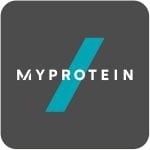
Leucine triggers muscle growth – Nutrition Express Articles. (n.d.). Retrieved January 18, 2017, from http://www.nutritionexpress.com/article index/protein/showarticle.aspx?id=807
Citrulline – Scientific Review on Usage, Dosage, Side Effects. (n.d.). Retrieved January 18, 2017, from https://examine.com/supplements/citrulline/
The Hammer Nutrition team. Development: the ZaneRay Group (www.zaneray.com). (n.d.). Electrolyte Replenishment – Why Its Important & How to Do It Right. Retrieved January 18, 2017, from http://www.hammernutrition.com/knowledge/electrolyte-replenishment-why-it-146-s-so-important-and-how-to-do-it-right.1274.html
Gatorade | G Series Sports Drinks for Energy, Hydration and Recovery. (n.d.). Retrieved January 18, 2017, from http://www.gatorade.com/company/heritage
Exercise-induced muscle damage is reduced in resistance-trained males by branched chain amino acids: a randomized, double-blind, placebo controlled study. (n.d.). Retrieved January 18, 2017, from https://jissn.biomedcentral.com/articles/10.1186/1550-2783-9-20
